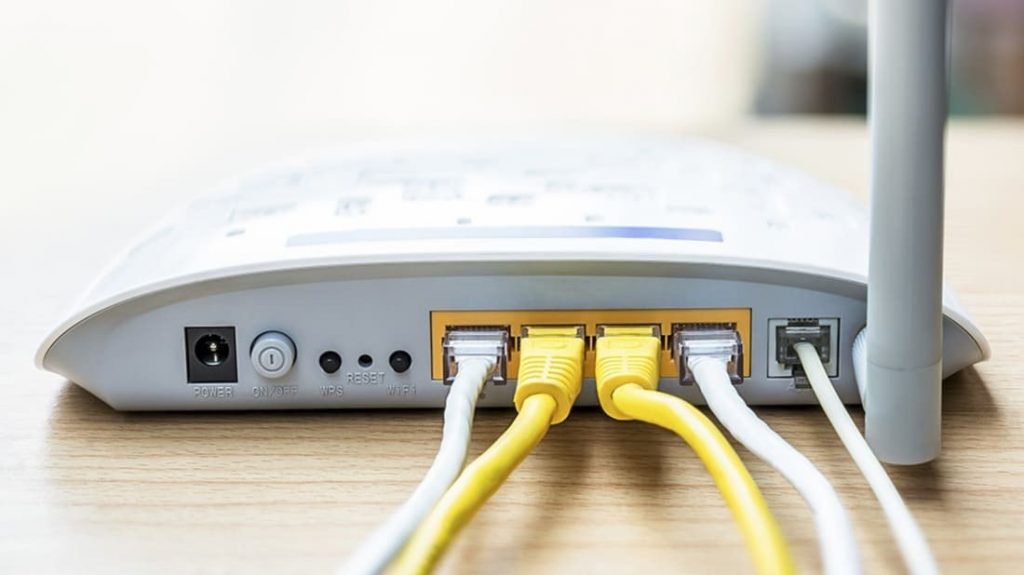The Africa Broadband Mapping Systems Project (BPMAPS) was recently launched in Nairobi. The initiative, backed by the European Union (EU), the International Telecommunications Union (ITU), and the Communications Authority of Kenya (CA). It seeks to close Africa’s digital divide by using data-driven mapping to guide investment in broadband infrastructure.
Speaking at the launch, Broadcasting and Telecommunications Principal Secretary Stephen Isaboke emphasized that broadband connectivity is no longer a luxury but a necessity that drives education, healthcare, innovation, and economic inclusion.
“The government has placed broadband connectivity at the core of the National Digital Masterplan and the Bottom-Up Economic Transformation Agenda. We are committed to ensuring no community is left behind,” he affirmed.
Other beneficiaries of the Africa-BB-Maps project also include Angola, Benin, Botswana, Burundi, Côte d’Ivoire, Eswatini, Malawi, Nigeria, Uganda, and Zimbabwe.
While Kenya is recognized as a regional leader in broadband policy, challenges remain. CA Director General David Mugonyi said that only 47.5% of households in Kenya have internet access. This is low compared to 97% in Australia and 94% in Belgium. Penetration in rural Kenya is as low as 26% and this shows the sharp urban-rural divide.
Mugonyi noted that 164 sub-locations still lack 3G and 4G coverage, despite investments in fiber and mobile networks. The BPMAPS platform will use real-time, GIS-based mapping and crowd-sourced data to improve accuracy and reveal coverage gaps.
“Anyone standing in the way of digital transformation is an enemy of progress. Africa’s greatest enemy has been the digital divide, and we must confront it with data and action,” he remarked.
The EU is supporting Kenya through projects like the UNICEF-Giga programme (connecting 1,000 schools to the internet), broadband expansion in informal settlements, and extending the Bluma-Rayman subsea cable from Djibouti to Kenya. These efforts fall under the Global Gateway Initiative, which is mobilizing up to €300 billion worldwide for infrastructure expansion by 2027.
For these and more stories, follow us on X (Formerly Twitter), Facebook, LinkedIn and Telegram. You can also send us tips or just reach out on [email protected].
Also Read: What Is the Universal Service Fund and Why It Matters for Kenya’s Digital Future



